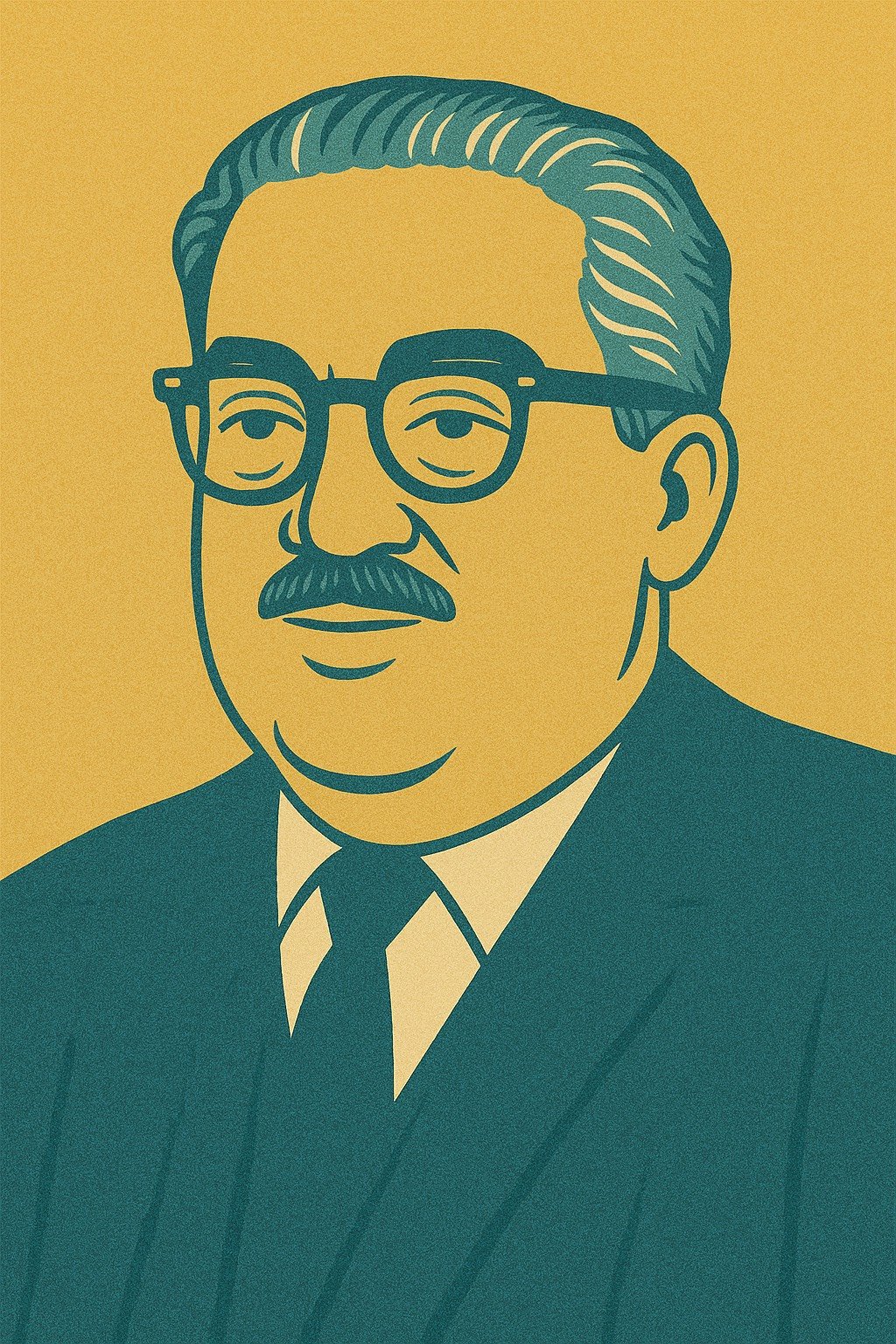
Thurgood Marshall
(1908 - 1993)
Occupation: Associate Justice of the S.C.O.T.U.S
Place of Origin: Baltimore, Maryland
Summary
Thurgood Marshall, one of the most influential and trailblazing figures in American history, is best known for his pivotal role in the civil rights movement and his groundbreaking legal work in dismantling racial segregation. As the lead attorney for the NAACP, he argued and won numerous cases before the Supreme Court, most notably Brown v. Board of Education (1954), which declared racial segregation in public schools unconstitutional—a landmark decision that transformed American society.
Early Life
Born in Baltimore, Maryland, in 1908, Marshall excelled academically despite the systemic racism that limited opportunities for African Americans. Denied admission to the University of Maryland School of Law due to segregation, he instead attended Howard University School of Law, where he graduated first in his class. He went on to become a relentless advocate for racial justice, successfully challenging discriminatory laws in courts across the country.
Achievements and Accolades
Marshall’s achievements culminated in 1967 when he became the first African American justice appointed to the United States Supreme Court, a historic milestone. During his 24-year tenure, he remained a steadfast defender of civil rights, individual liberties, and social justice, shaping legal precedents that continue to influence the nation to this day.
Beyond the courtroom, Marshall’s legacy extends far beyond his legal victories. His unwavering commitment to equality and justice helped lay the foundation for future generations in the ongoing struggle for civil rights. He passed away in 1993, leaving behind an enduring impact on American law and society.